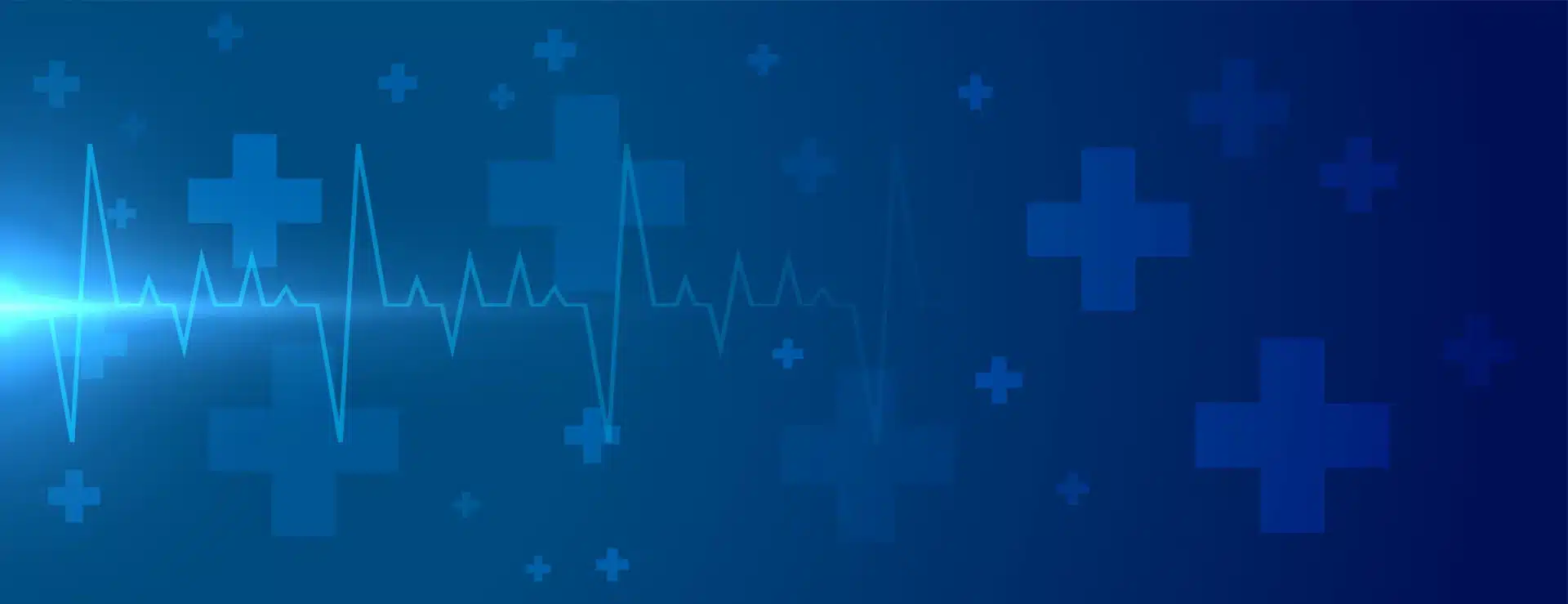Table of Contents
Have you heard about the Fat-Blocking Code Diet? It’s a new way of eating that some people think can help with weight loss. Let’s learn more about it!
What is the Fat-Blocking Code Diet?
This diet says it can help you lose weight by stopping your body from taking in fat from the food you eat. The idea is that you can eat foods you like and still lose weight.
How Does It Work?
Normally, when we eat food with fat:
- Our body breaks down the fat
- It goes into our blood
- Then it’s used for energy or stored in our body
The Fat-Blocking Diet tries to stop this from happening. It uses different ways to keep your body from taking in fat.
Main Parts of the Diet
- Special Foods The diet says to eat foods that might stop fat:
- Foods with lots of fiber, like beans and vegetables
- Fruits like oranges and lemons
- Green tea
- Supplements Some people on this diet take pills that are supposed to help block fat. These might include:
- Chitosan (made from shells of sea animals)
- Garcinia cambogia (from a tropical fruit)
- Orlistat (a medicine that needs a doctor’s okay)
- When to Eat The diet might tell you:
- To eat protein before carbs
- To have bigger meals earlier in the day
- To spread out when you eat fatty foods
- Exercise Most versions of this diet say you should do some exercise, like walking or swimming.
What Good Things Does the Diet Claim?
People who like this diet say it can:
- Help you lose weight
- Let you eat some foods you like
- Make your cholesterol better
- Help your digestion
Problems with the Diet
But some doctors worry about this diet:
- There’s not a lot of proof that it works
- It might stop your body from getting important vitamins
- It can cause tummy troubles
- It might not teach you how to eat healthy for a long time
- Some of the pills can be expensive or even harmful
Is It Safe?
We’re not sure if this diet is safe for everyone:
- Some of the pills might not mix well with medicines you take
- If you’re allergic to shellfish, you can’t take some of the pills
- We don’t know if it’s safe to block fat for a long time
- It might cause problems with your gallbladder
Who Might Like This Diet?
This diet might help:
- People who eat too much fatty food
- Those who don’t want a very strict diet
- People who have stopped losing weight on other diets
But always talk to a doctor before starting a new diet!
Other Diets to Think About
If you’re not sure about this diet, you could try:
- The Mediterranean Diet: Lots of healthy fats, fruits, and veggies
- The DASH Diet: Less salt and lots of good foods
- Plant-Based Diet: Mostly foods from plants
- Mindful Eating: Paying attention to your food while you eat
Tips for Eating Healthy Fats
Instead of trying to block fat, you could:
- Choose good fats like those in avocados, nuts, and olive oil
- Eat smaller portions
- Read food labels to know what’s in your food
- Cook your own meals
- Eat different kinds of healthy foods
What to Remember
The Fat-Blocking Code Diet is interesting, but we’re not sure if it really works. It might sound nice to eat what you want and still lose weight, but it might not be that simple.
If you want to try this diet, be careful. Talk to a doctor first. They can help you decide if it’s right for you.
Remember, there’s no one perfect diet for everyone. The best diet is one that:
- You can stick with for a long time
- Gives your body what it needs
- Helps you stay healthy
In the end, eating lots of different healthy foods, moving your body, and thinking about what you eat might be better than trying to block fat. Whatever you choose, make sure it helps you feel good and stay healthy!
FAQ
- Does the Fat-Blocking Code Diet really work?
- There’s not a lot of scientific proof that this diet works. Some people say it helps them lose weight, but doctors aren’t sure if it’s safe or effective for everyone.
- What foods can I eat on the Fat-Blocking Code Diet?
- The diet usually lets you eat most foods. It focuses on eating things like high-fiber foods (beans, vegetables), citrus fruits, and green tea. But it’s important to eat a balanced diet with different healthy foods.
- Are there any side effects of the Fat-Blocking Code Diet?
- Yes, there can be side effects. Some people might have tummy troubles like oily poop, gas, or diarrhea. The diet might also stop your body from getting some important vitamins.
- How much weight can I lose on the Fat-Blocking Code Diet?
- The amount of weight you might lose varies for each person. The diet doesn’t promise a specific amount of weight loss. Remember, healthy weight loss is usually about 1-2 pounds per week.
- Is the Fat-Blocking Code Diet safe for everyone?
- No, it might not be safe for everyone. People with certain health problems, pregnant women, or those taking some medicines should talk to a doctor before trying this diet.
- Do I need to exercise while on the Fat-Blocking Code Diet?
- Most versions of this diet suggest doing some exercise, like walking or swimming. Exercise is important for overall health, not just for losing weight.
- What supplements are used in the Fat-Blocking Code Diet?
- Some common supplements in this diet are chitosan (from shellfish shells), garcinia cambogia (a tropical fruit), and orlistat (a medicine that needs a doctor’s okay). But be careful with supplements, as they can have side effects.
- Can I still eat my favorite foods on this diet?
- The diet claims you can eat many of your favorite foods. But it’s always best to focus on healthy, balanced meals rather than eating a lot of unhealthy foods.
- How is the Fat-Blocking Code Diet different from other diets?
- This diet focuses on stopping your body from taking in fat from food, rather than just cutting calories or avoiding certain foods. But many doctors think balanced eating and exercise are better ways to lose weight.
- Is the Fat-Blocking Code Diet approved by doctors or nutritionists?
- Most doctors and nutritionists don’t recommend this diet. They usually suggest eating a balanced diet with lots of fruits, vegetables, and whole grains, and getting regular exercise for healthy weight loss.
Remember, it’s always best to talk to a doctor or a registered dietitian before starting any new diet, especially one that uses supplements or makes big changes to how you eat.
Read More:





